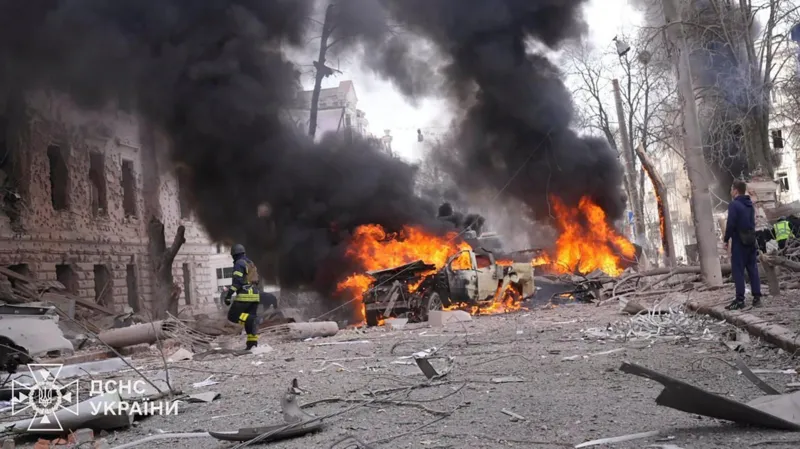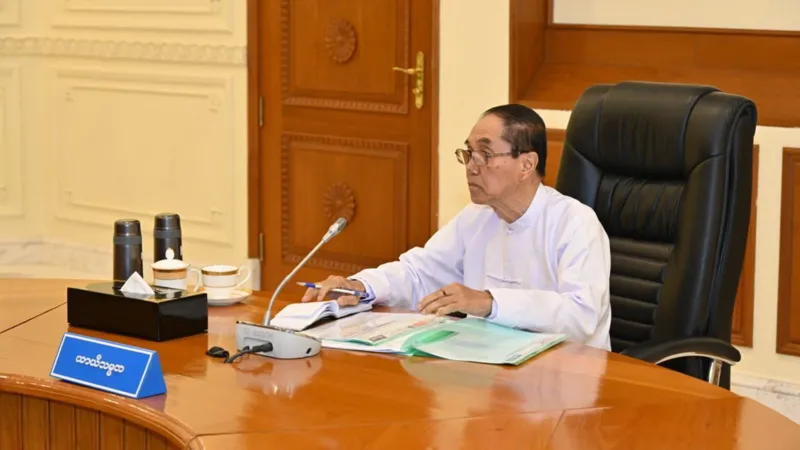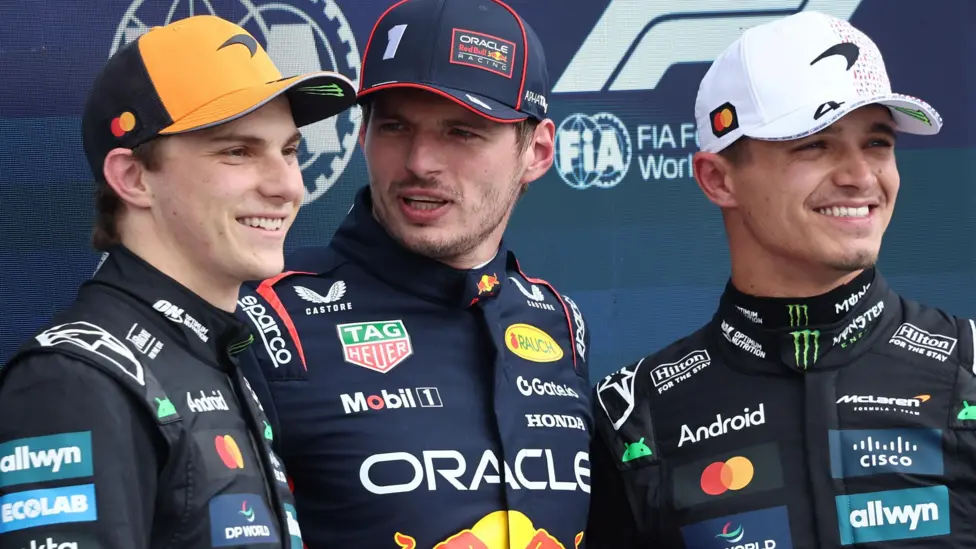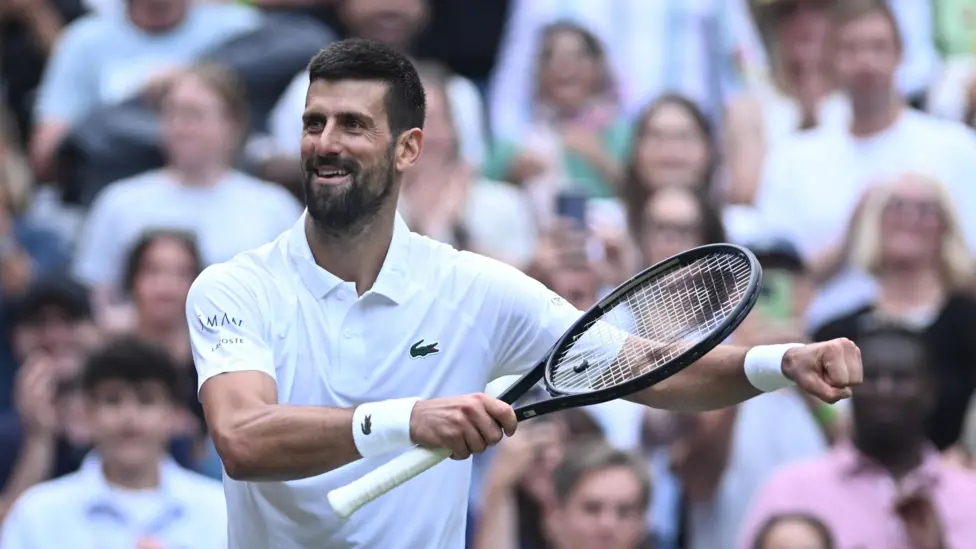At least 32 people killed in Russian ballistic missile attack on Sumy
At least 32 people have been killed and 84 injured, including 10 children, after a Russian attack on the centre of Sumy, according to Ukrainian authorities.

Ukrainian President Volodymyr Zelensky said the "terrible strike by Russian ballistic missiles" hit an "ordinary city street, ordinary life", adding that without strong pressure, "Russia will continue to drag out this war".
Two Iskander-variant ballistic missiles struck at around 10:15 local time (08:15 BST), both hitting the area around Sumy State University and its congress centre.
Images and videos of the aftermath show bloodied bodies scattered in the streets around the impact of the missiles. At least two children were killed.
Ukrainian authorities told the BBC that 20 buildings were damaged, including four educational institutions, as well as cafes, shops and five apartment buildings. Ten cars and trams were also hit.
Zelensky called for a "tough" response from other nations, adding that "talks have never stopped ballistic missiles and air bombs".
"The United States, Europe, everyone in the world who wants an end to this war and murders. Russia wants exactly this kind of terror and is dragging out this war. Without pressure on the aggressor, peace is impossible," he said.
"It is very important for everyone in the world not to remain silent, not to remain indifferent," he added.
The university's congress centre is often used for children's classes, according to BBC Ukrainian, with local residents saying that the space is an "educational hub for the entire city" and "very actively rented out for various courses, clubs, and master classes".
Ukrainian Foreign Minister Andriy Sybiha condemned that the attack had taken place on Palm Sunday.
"Many civilians have been killed and injured. Launching such an attack on a major Christian holiday is absolute evil," he wrote on X.
He said that they were sharing "detailed information about this war crime with all of our partners and international institutions", adding that for the second month Russia has refused to accept a US proposal for a full ceasefire, which Ukraine unconditionally accepted on 11 March.
"Instead, Russia ramps up its terror," Sybiha said.
Officials in Sumy have told the BBC that the missiles were packed with cluster munitions, which can kill indiscriminately over a wide area.
They have caused burning vehicles and bent trees where the deaths seem to have been concentrated.
In a scathing attack on the Russian military, Ukraine's Interior Minister Ihor Klymenko said the attacks hit Sumy's city centre, where many people were in the street near a church celebrating Palm Sunday.
"It was at this time that the Russians struck, clearly realising that they were hitting civilians," Klymenko told Ukrainian news agency RBC-Ukraine, warning that "the number of victims may increase".
Keith Kellogg, the US special envoy to Ukraine, said the attack "crosses any line of decency" and "is why President Trump is working hard to end this war".
The European Union's top diplomat, Kaja Kallas, wrote on X that the strikes were a "horrific example of Russia intensifying attacks while Ukraine has accepted an unconditional ceasefire".
UK Prime Minister Sir Keir Starmer, has also condemned the attack as "horrific".
"President Zelensky has shown his commitment to peace, President Putin must now agree to a full and immediate ceasefire without conditions - as Ukraine has done," he said.
Emmanuel Macron said the Sumy strikes highlighted the urgent need to impose a ceasefire on Russia.
"Everyone knows: this war was initiated by Russia alone. And today, it is clear that Russia alone chooses to continue it - with blatant disregard for human lives, international law, and the diplomatic efforts of President Trump," the French President posted on X.
Both Starmer and Macron have been working together on plans for a so-called "coalition of the willing" to enforce any peace deal in Ukraine.
The attack comes after US envoy Steve Witkoff met Russian President Vladimir Putin in St Petersburg on Friday.
The Kremlin said the meeting lasted more than four hours and focused on "aspects of a Ukrainian settlement". The meeting, Witkoff's third with Putin this year, was described by Russian special envoy Kirill Dmitriev as "productive".
-BBC







